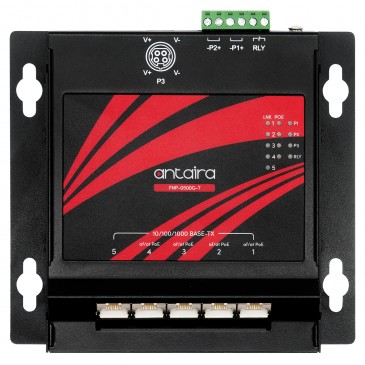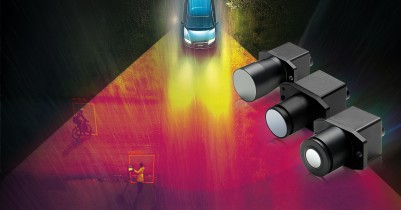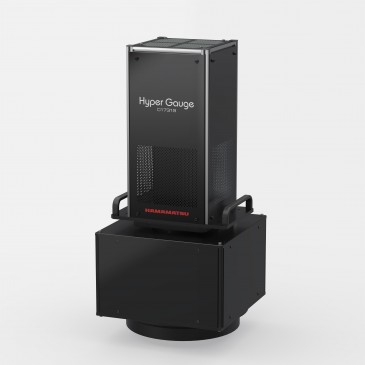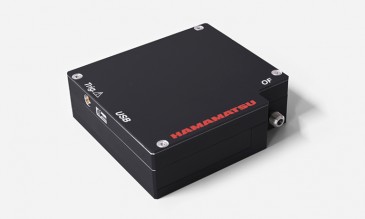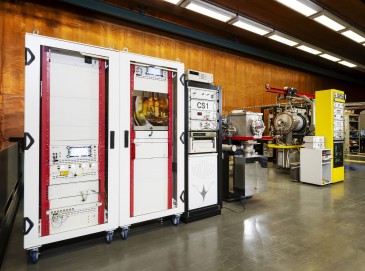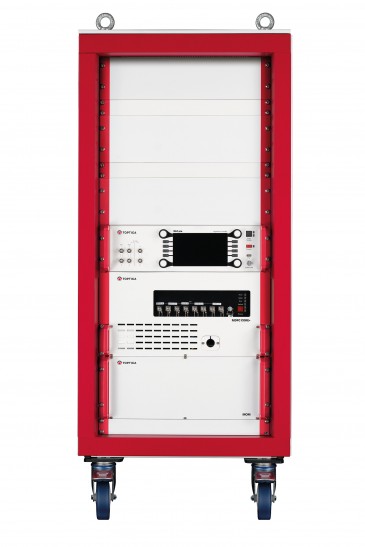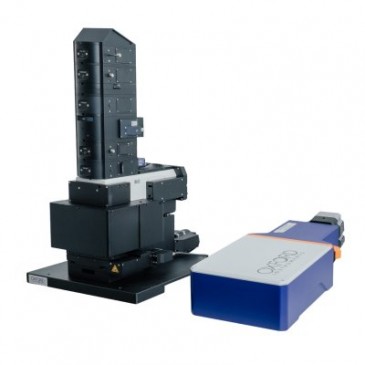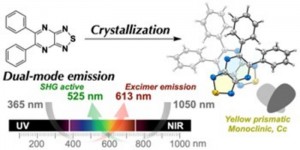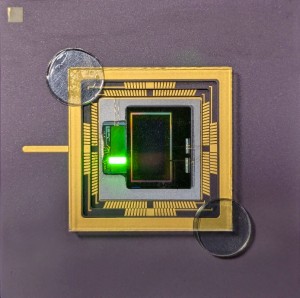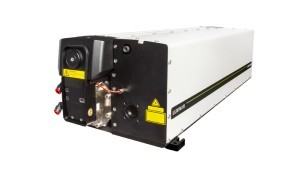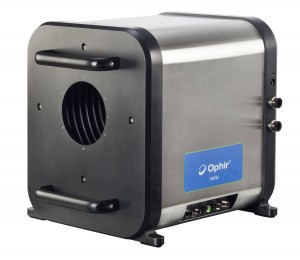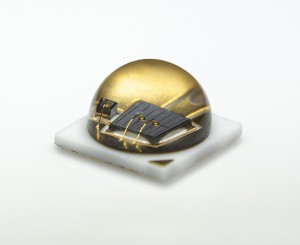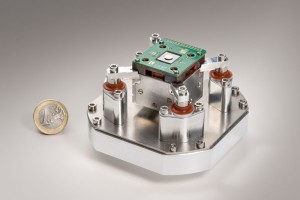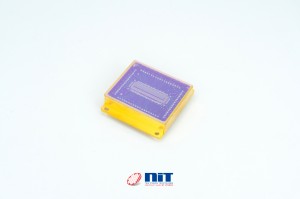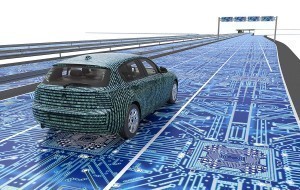
A recent Automotive Artificial Intelligence (AI) Market report, published by Meticulous Research, the automotive artificial intelligence market is expected to grow at a CAGR of 39.8% from 2019 to 2027 to reach $15.9 billion by 2027.
Various well-established automotive organizations across the globe are increasingly struggling with rising cost of operations, dissatisfied customers, declining sales, and unidentified competition. Therefore, the adoption of artificial intelligence technologies in the automotive sector is on the rise in order to create new opportunities and enhance operational capabilities by leveraging new possibilities, speeding up processes, and making organizations flexible to changes in the future.Various well-established automotive organizations across the globe are increasingly struggling with rising cost of operations, dissatisfied customers, declining sales, and unidentified competition. Therefore, the adoption of artificial intelligence technologies in the automotive sector is on the rise in order to create new opportunities and enhance operational capabilities by leveraging new possibilities, speeding up processes, and making organizations flexible to changes in the future.
Realizing the fact, various organizations are investing heavily in order to reap profits in highly dynamic and competitive market environment. The organizations are aggressively adopting AI-based solutions and services to reshape their business processes and increase profitability. The rapid adoption of advanced automotive solutions, increasing demand for autonomous vehicles, and widening implementation of computer vision technologies across vehicles are the key factors driving steady growth in the global automotive artificial intelligence market."
Realizing the fact, various organizations are investing heavily in order to reap profits in highly dynamic and competitive market environment. The organizations are aggressively adopting AI-based solutions and services to reshape their business processes and increase profitability. The rapid adoption of advanced automotive solutions, increasing demand for autonomous vehicles, and widening implementation of computer vision technologies across vehicles are the key factors driving steady growth in the global automotive artificial intelligence market.
Impact of COVID-19 on Global AI in Automotive Market
The global spread of COVID-19 has resulted in stalled automotive production across Europe and America. The scenario in Asia appears to be improving but the production capacities of leading automobile manufacturers have taken a hit due to lower demand and reduced consumer spending. With the current situation expected to persist until the global numbers recede, the global automobile industry may be looking at a recovery period of at least 3-6 months due to disrupted supply chain, economic loss, and reduced consumer confidence in the market. The global spread of COVID-19 has resulted in stalled automotive production across Europe and America. The scenario in Asia appears to be improving but the production capacities of leading automobile manufacturers have taken a hit due to lower demand and reduced consumer spending. With the current situation expected to persist until the global numbers recede, the global automobile industry may be looking at a recovery period of at least 3-6 months due to disrupted supply chain, economic loss, and reduced consumer confidence in the market.
However, if the reports by health experts are to be believed and the epidemic can be controlled by June 2020, the automotive industry can bounce back in terms of revenue growth during the latter half of 2020. This would enable AI technology suppliers to capitalize on market consolidation during Q2, 2020. It is also predicted that with better control of the COVID-19 situation and normalcy established, the global automakers could witness an upsurge in demand for advanced technology enabled vehicles and thereby drive the automotive AI market revenue 2021 onwards.
In recent years, the funding for development and implementation of artificial intelligence solutions for autonomous vehicles has increased significantly. For instance, in 2019, the U.K., government and industry launched an AI Sector Deal to boost technology potential, with £250 million ($324.1 million) budget for the development of connected and autonomous vehicles. By the end of 2020, the South Korean government has planned to expand the country´s production of automation systems and industrial robotics with investments worth $6.1 billion. In addition, the government of Korea will launch an “Intelligent Robot Industry Development Strategy” led by the Ministry of Trade, Industry, and Energy. Such initiatives are enabling the automotive sector, to develop intelligent solutions for autonomous vehicles through the incorporation of robotics and artificial intelligence technologies.



















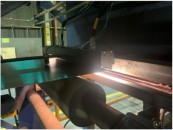




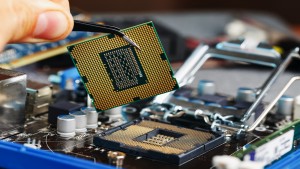


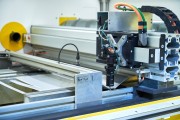



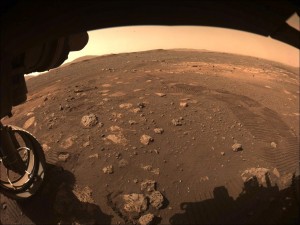

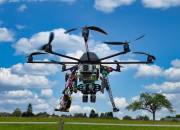
 Back to News
Back to News